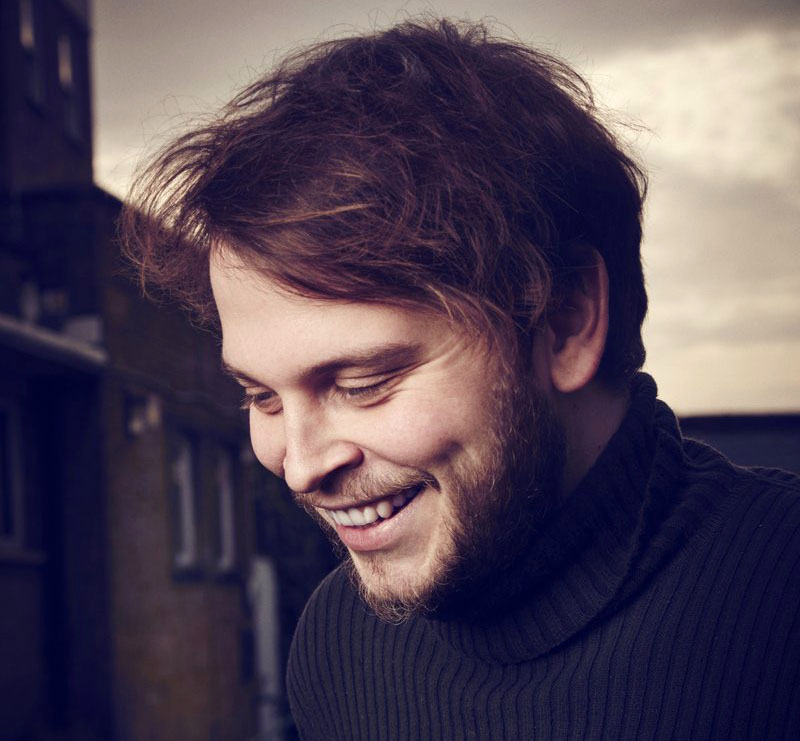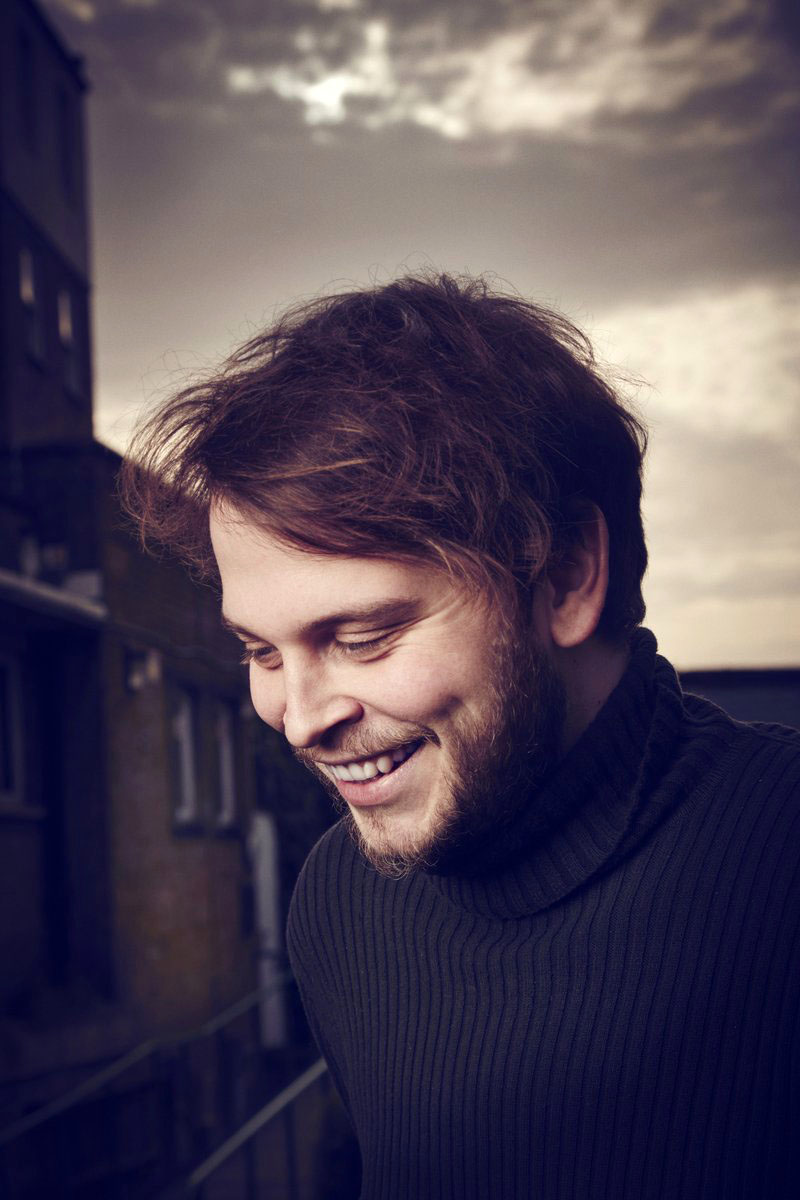 My company, Up In Arms, has recently opened David Storey’s play The March On Russia, produced by the Orange Tree Theatre. It’s always a moment of great pride and excitement for me, when we make a play I didn’t write. In the new play trade, so much of the attention goes to the writer, and it makes me glad to see my co-artistic director Alice Hamilton getting the critical focus her work deserves whenever we make a revival.
My company, Up In Arms, has recently opened David Storey’s play The March On Russia, produced by the Orange Tree Theatre. It’s always a moment of great pride and excitement for me, when we make a play I didn’t write. In the new play trade, so much of the attention goes to the writer, and it makes me glad to see my co-artistic director Alice Hamilton getting the critical focus her work deserves whenever we make a revival.
I also think the company’s values and interests stand out a little clearer when we stage someone else’s work, rather than one of my own. Sometimes you never fully know why you do what you do yourself, but the things you value in others can say a great deal. The writers we’ve revived to date, Robert Holman and David Storey, stand out for me because of their clear-sighted, unsentimental humanity; their determination to capture what it was like to be where they were, in the moment they were writing. They’re both deeply interested in people and the way they relate to each other; they both believe in the extraordinariness of ordinary life. The secret to the quality of both writers’ work is their curiosity. Because they have listened and watched very closely, they notice and record things as people actually do them, in a way that is detailed and specific rather than made-up and dramatically efficient. This means that images from their plays jump out at the audience as true. People who go to see their plays recognise echoes of their own lives and their own families in the work, because detail unlocks memory, in turn unlocking the empathetic functions that make a play act on an audience.
In this play, The March On Russia, I see my father and my grandfather, for example. The dates and generations don’t quite match up, and it’s set in a different part of the country, but there are continuities that allow the play to resonate with me. My grandfather left school at thirteen to work as a factory runner, then went away to join the navy and see the world, ending up in the thick of things when war broke out. He had a son who didn’t have to leave school, society having changed a great deal between their two generations. My Dad was able to go on to university, and eventually to become an artist, making a living with his head, not his hands. And in some ways, I felt like my Grandad never forgave him for that. Of course, he was deeply proud of him as well, and taped all the radio broadcasts he made for years and years (my Dad’s a musician), but it also felt like there was an unbridgeable distance between them, that had grown up out of the simplest variation in the pattern of their two lives. Both had gone to the same school, but one of them had left when he needed to start earning for his family’s sake, and the other didn’t have to, because the welfare state had made new things possible for the working class. From those points of departure, two different solar systems emerged.
The same story is told in The March On Russia – a man who left school at eleven to go down the pit before joining the air force and seeing the world when war broke out sits with his writer son, asking the same questions again and again by way of small talk, resentful when the son pays for a meal, keenly aware that his son bought him the bungalow he lives in, checking in on how long it has to run on the mortgage. The same distance has sprung up between the two men. The same disparity of opportunity has created a silence neither of them know how to cross. This isn’t a coincidence – it’s simply the story of what happened to families from a certain social background in the twentieth century, and Storey has caught it in the play because he listened.
That kind of perception is what I always set out to do with anything I write myself, but it’s a bit rich, saying your own work achieves anything on the scale that Storey does. Choosing to advocate his talent for seeing the way the world is by producing his play is the clearest way one can really argue for the value of clarity, and perception, and close attention in our lives. Barney Norris September 2017


